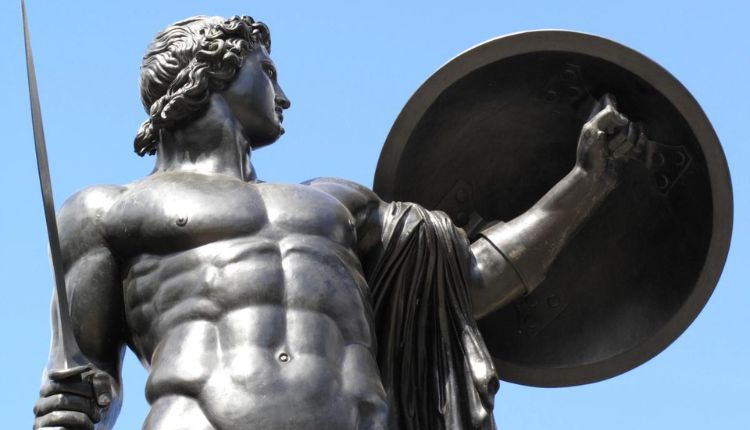which excerpt from the odyssey best shows that the ancient greeks greatly valued the idea of home?The question arises: Which excerpt from the Odyssey best showcases the profound importance the ancient Greeks placed on the idea of home? Let’s delve into the rich tapestry of this literary masterpiece and unravel the significance attached to the notion of home in ancient Greek culture.
The Journey of Odysseus
Odysseus and the Longing for Home
One of the most poignant excerpts that encapsulates the deep-rooted value the ancient Greeks held for home is found in Odysseus’s arduous journey. Homer masterfully weaves a narrative that portrays Odysseus’s relentless pursuit of returning to his homeland, Ithaca. This longing for home becomes a driving force that shapes the hero’s actions, underscoring the cultural reverence for one’s place of origin.
Penelope’s Faithfulness as a Symbol of Home
In the Odyssey, Penelope, Odysseus’s wife, serves as an embodiment of the domestic sphere. Her unwavering fidelity during Odysseus’s prolonged absence speaks volumes about the sanctity attached to the home. Penelope’s resilience becomes a metaphor for the endurance of the familial bond and the irreplaceable warmth that a home provides.
The Importance of Home in Ancient Greek Society
Home as the Center of Greek Identity
Ancient Greek society was deeply rooted in the concept of the polis, or city-state, and the home was considered the nucleus of this communal structure. The sanctity of the household mirrored the larger societal values, emphasizing loyalty, kinship, and a sense of belonging. This cultural framework is vividly reflected in the Odyssey, elevating the idea of home to a cultural touchstone.
Xenia: Hospitality and Home
The ancient Greeks placed immense importance on the virtue of xenia, or hospitality, which was often extended within the confines of one’s home. This cultural norm is exemplified in Odysseus’s encounters with various hosts during his journey. The reciprocity of hospitality becomes a recurring theme, reinforcing the symbiotic relationship between the individual and the home, as well as the broader community.
The Symbolism of Ithaca
Ithaca as a Metaphor for Home
In the Odyssey, Ithaca is more than just a geographical location; it is a symbolic representation of the essence of home. Homer skillfully uses Ithaca to embody the culmination of Odysseus’s struggles and the ultimate destination that defines his identity. The landscape of Ithaca becomes a canvas upon which the values of home are painted with poetic precision.
Nostos: The Poignant Return Home
The ancient Greeks coined the term “nostos” to describe the theme of the hero’s return home. Odysseus’s nostos is a central motif in the Odyssey, highlighting the transformative power of returning to one’s roots. The significance of nostos reverberates through the ages, underscoring the timeless importance placed on the journey back to one’s home.
Conclusion
In conclusion, the Odyssey serves as a testament to the profound reverence the ancient Greeks had for the concept of home. Through the trials of Odysseus, the fidelity of Penelope, and the symbolic landscape of Ithaca, the epic poem immortalizes the cultural values associated with the idea of home. The Odyssey stands as a timeless ode to the enduring importance of home in shaping individual identity and societal cohesion.

